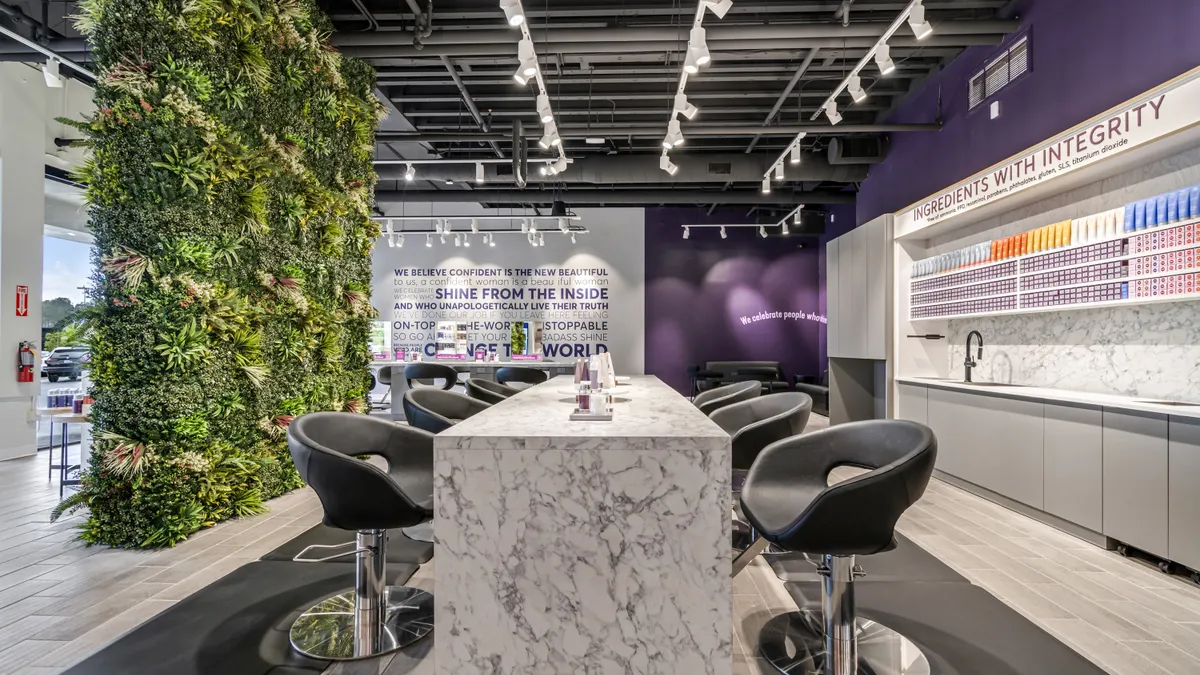Dive Brief:
- Bad customer experiences are putting $3.7 trillion at risk globally, according to research released Thursday from the Qualtrics XM Institute, the thought leadership unit of Qualtrics XM. The unit surveyed 28,400 consumers across 26 countries and regions and compared their responses to World Bank data on consumer spending.
- Just over half of consumers reduce or stop spending at a business after a very poor experience, according to the study. When it comes to the fast food industry, that rate climbs to nearly two-thirds of customers.
- Organizations risk losing 7% of their sales globally due to poor experiences. “Half a percent swing in sales for most organizations can be tragic,” Bruce Temkin, head of Qualtrics XM Institute, told CX Dive. “That represents what I consider a very significant amount of controllable savings that an organization can do.”
Dive Insight:
Customers say that businesses globally disappoint 14% of the time. While that’s a slight decrease in the rate of bad experiences by about 2 percentage points year-over-year, increases in consumer spending mean each of those bad experiences costs businesses more.
While these bad customer experiences have significant monetary repercussions, businesses can mitigate the damage. But “it’s not possible to eliminate all bad experiences,” Temkin said.
Instead, companies should identify their sources of very bad experiences. Temkin points to airlines as an example. “An airline knows that a very bad experience is when I lose your luggage or when you miss a flight or miss a connection.”
He encourages businesses to minimize those known bad experiences and have clear, proactive remediations for such bad experiences. By remediating such experiences, customers don’t always remember them as bad encounters.
“At the end of the day, I am not going to stop spending with you because the experience is bad. I'm going to stop spending with you because I remember it as a bad experience,” he said.
Another way to mitigate the effects of bad experiences is to build up a sense of trust and forgiveness, Temkin said. If a company has built loyalty and trust among its customers, they may be more likely to give that company the benefit of the doubt when things go awry.
One of the most important things companies can do is to acknowledge and apologize for bad experiences.
“At the end of the day, people want to know that a company is thinking about the things that are important to them,” he said. Even if you can’t fix it, “acknowledging it and saying you're sorry can go a long way.”
To determine the monetary value of bad experiences, Qualtrics XM Institute compared its survey responses by country to the World Bank’s data on household spending by country.










